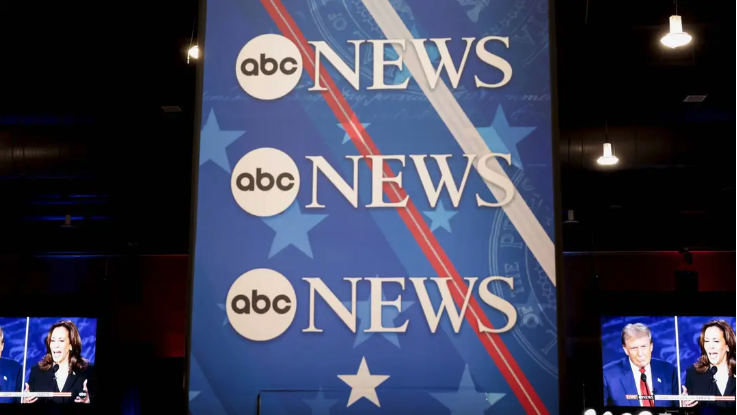Report: EU Media Freedom Near 'Breaking Point'
In its 2024 report, the Berlin-based Civil Liberties Union for Europe (Liberties) said that media freedom in the EU deteriorated last year, with some nations nearing a 'breaking point.'...
0:00
/1861
Facts
- In its 2024 report, the Berlin-based Civil Liberties Union for Europe (Liberties) said that media freedom in the EU deteriorated last year, with some nations nearing a 'breaking point.'1
- The report cited concerns over highly concentrated media ownership, a lack of transparency rules, and threats to public media and its sources of financing. It also reported violence against journalists and refusals to allow journalists access to information.2
- Journalists in Croatia, France, Germany, Greece, and Italy reportedly faced physical attacks, while those in Hungary and Slovakia were allegedly threatened by politicians. Other instances were cited in Romania, Sweden, and Bulgaria, among other nations.3
- The report found that bad faith lawsuits against outlets reportedly occurred in Croatia, Greece, Italy, the Netherlands, and Sweden. In Germany, Greece, the Netherlands, and Poland, journalists were allegedly placed under surveillance via spyware like Pegasus and Predator.3
- This follows the EU's passing of the new Media Freedom Act, which includes provisions aimed at preventing the use of these lawsuits, known as 'Slapps.' Liberties has called on the European Commission to track closely whether countries are following the new rules.1
- The law, passed in March, is intended to prevent media concentration, increase transparency from media owners, and protect outlets from arbitrary closures via tech platforms. It also bans the use of spyware to uncover journalists' sources, with some exceptions.4
Sources: 1Guardian, 2Balkan Insight, 3The Irish Times and 4POLITICO.
Narratives
- Pro-establishment narrative, as provided by Pinsent Masons. As Europe faces increased threats to a free press, the Media Freedom Act is a desperately needed positive development for both public and independent journalism. It aims to safeguard media pluralism, protect user rights, and ensure the independence of public media services within the European Union — addressing challenges in the evolving digital media landscape.
- Establishment-critical narrative, as provided by Spiked. The real reason for the EU's media law is to create a new tool to target EU-skeptical countries like Poland and Hungary. If Brussels cared about fostering a truly free-speech-oriented environment for the public and its press, it wouldn't simultaneously applaud so-called 'hate speech laws' that actually criminalize speech. The EU doesn't care about media concentration so long as those outlets align with the bloc's ideology.







